I confess that I was surprised when I found out a few weeks ago that our blog was being well ranked Google’s search for ‘Corporate RPG’ sharing this topic only with a fictional cyberpunk RPG set in the year 2500 called ‘Corporation’.
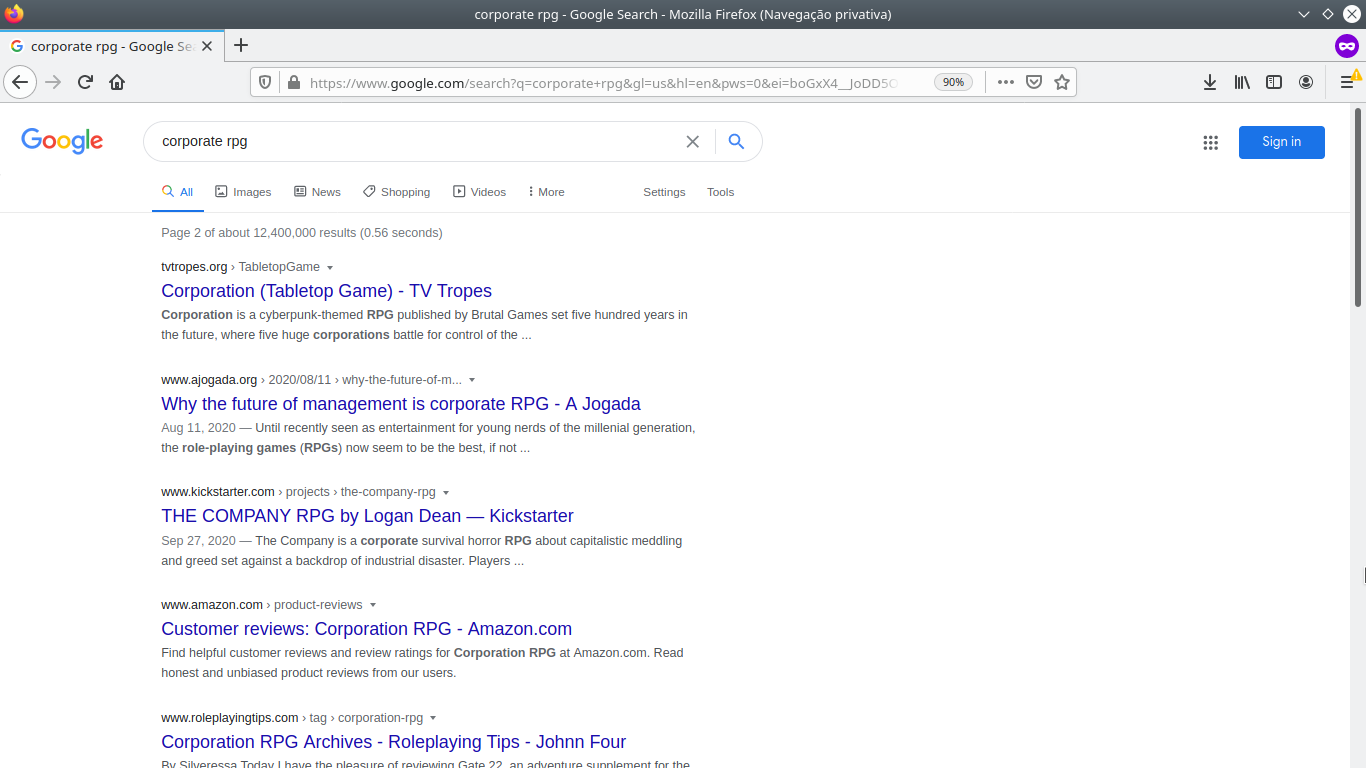
This fact means that the #AJOGADA System is technically the first, and to date, the only complete corporate RPG system that can transform any corporate problem into a game narrative that incorporates the individual and collective subjective challenges of a company’s evolutionary process in a fun and insightful quest to manifest the best version of ourselves.
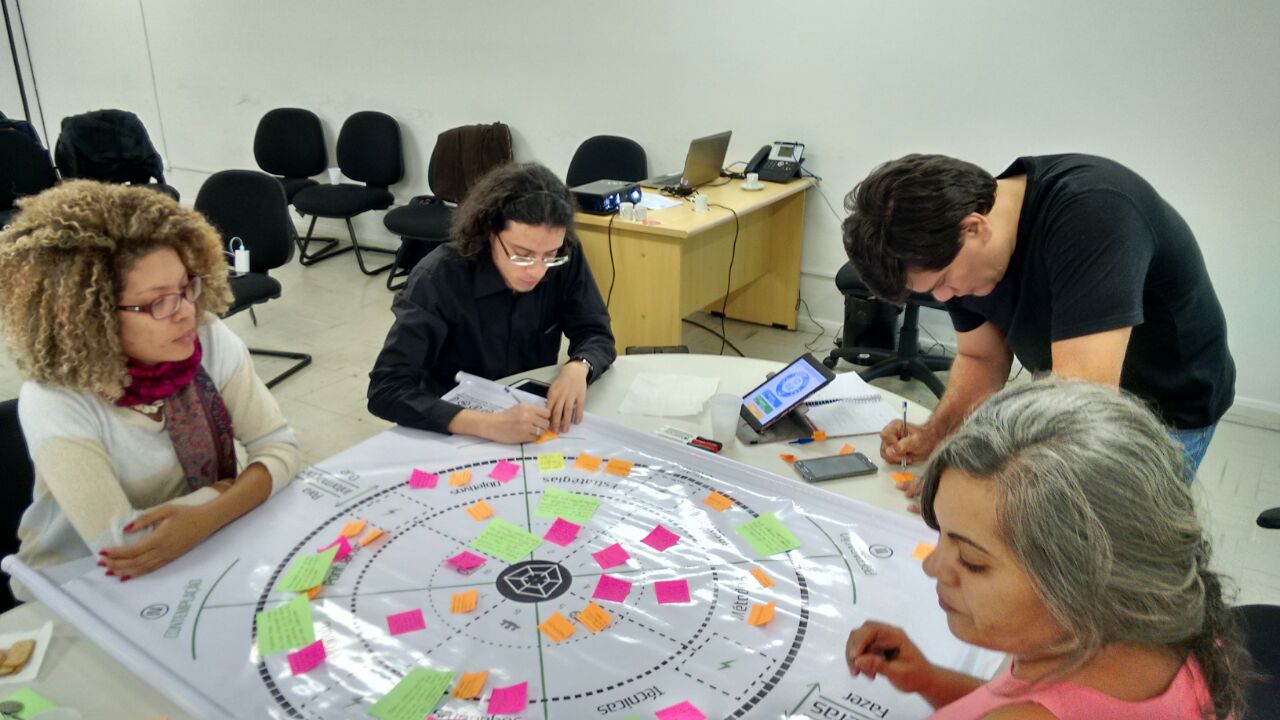
It is hard to believe that we were able to develop unique skills in this field without any financial investment, but it is also noticeable that this was an inevitable result of a rare alignment of a list of things available only where this project started. This confirms not only that it is time for gamification in the office culture, but also that this new culture could only come from Brazil and how our country will have a prominent role in this new era of management.
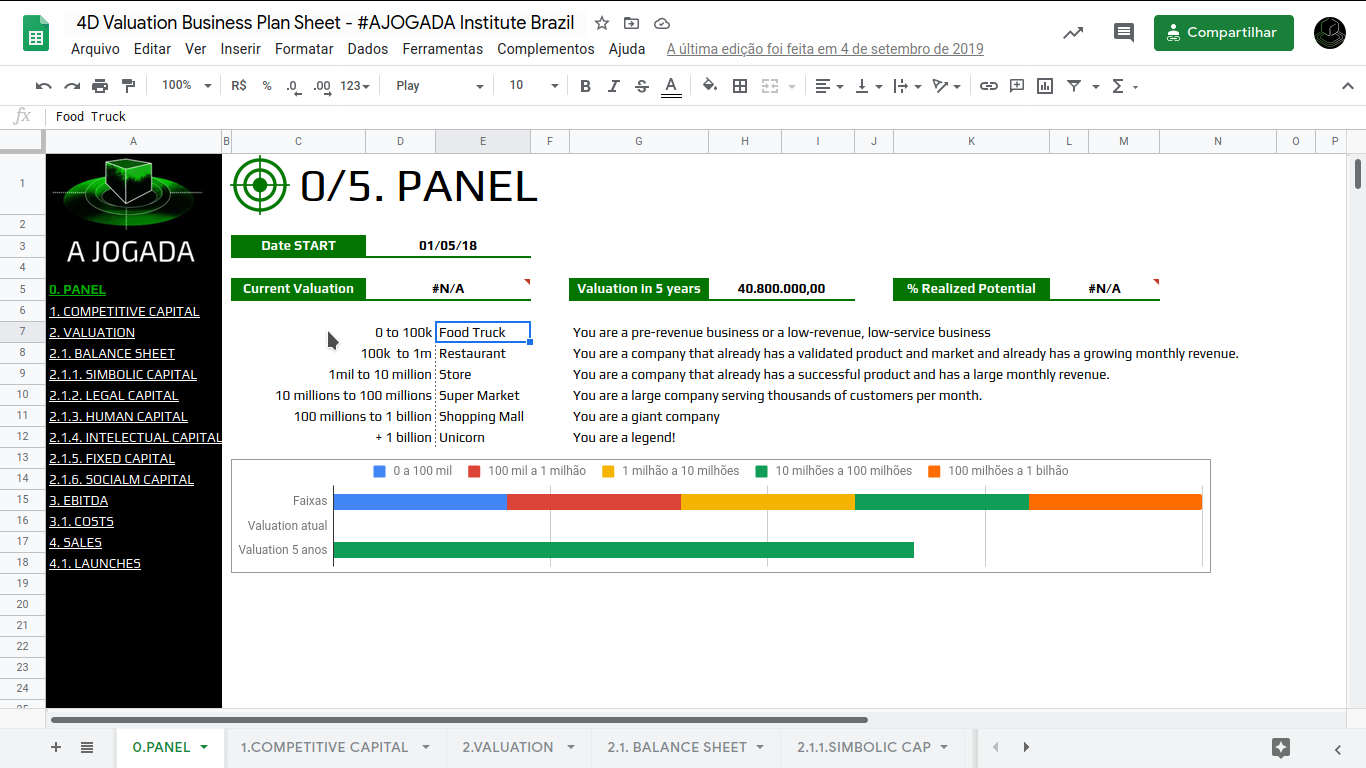
In this article, I am detailing and commenting on this list and detailing what is being planned about it:
1. Time of a new generation
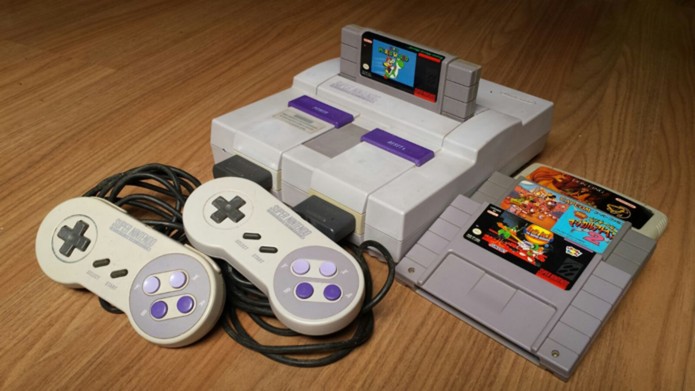
I was born in 1987 and as a manager I am perfectly positioned as part of a first new generation to grow in constant contact with the technology of video games, as well as social networks, and smartphones and tablets as soon as they became available. But I’m also old enough to be part of the group that formed to be a professional in a world that existed before the Internet and the design revolution sparked by the iPhone in the 2010s.
2. Single child

Without siblings, I had a lot of time to play many electronic games throughout my childhood and adolescence. Couples with a single child are getting more and more common, specially in higher revenue areas.
3. Game Selection

From the age of 13 I started to be interested in strategy and simulation games of all kinds that I had the opportunity, because I believed that these would be the most useful games for my future. I played games like Sim City 2000, 3000, The Sims, Sim Tower, Civilization II, Age of Empires. I believe this may have been the most strategic and smartest decision I have ever made.
4. Having studied economics and administration

As a result of this selection of games, attending economics and business colleges was almost like entering a new phase of the same game.
5. Interest in psychology

Between these two courses, I spent a period researching personality study systems on my own, trying to get to know myself better to understand what my vocation really was, and I ended up discovering another universe of interest in this field.
6. Growing up in an administrative city

The experience of bureaucracy that one has when starting a life in a capital city is much more maddening than the bureaucracy can already be alone. Taking the fact that Brazil is also one of the most bureaucratic countries of its type in the world, these experiences forced me to imagine alternatives to this system, idealizing the concept that the #AJOGADA Institute today became one of the first promoters: Ludocracy, as an idea of evolution of bureaucracy. An administrative system based on boardsgames, and not bureaus, as the system is currently thought.
7. The Portuguese language
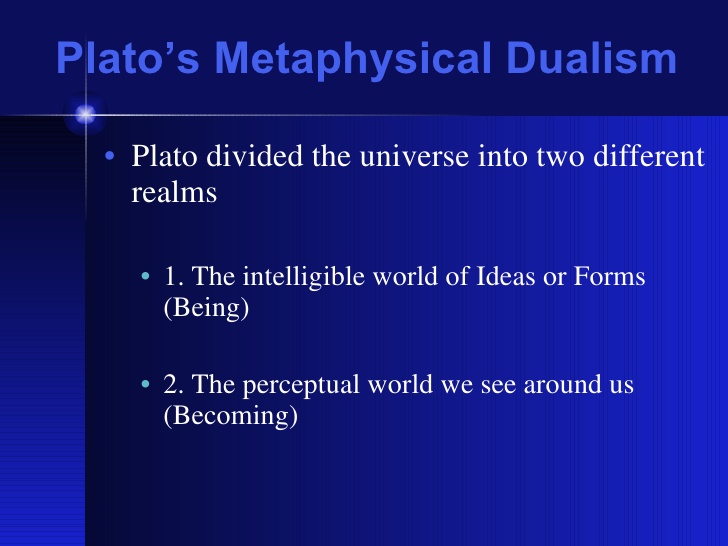
Speaking of game metaphysics is already difficult, but it becomes much more difficult when the word ‘meta’ does not exist in your language as is the case with the English language. This may not have been a possible synapse for the American and Japanese project management and game design industries, no matter how much they could spend on projects. Through Portuguese I had access to a source code where these ideas were first thought about millennia ago, in the Greek language.
In English the word ‘goal’ as we use it in our daily lives is usually replaced by the word ‘goal’ from the Middle English.
8. Being Brazilian
Country of soccer and carnival, one of the most festive countries in the world and which has also been standing out in the electronic entertainment industry thanks to the fanaticism of Brazilian gamers, that can be compared to the fans of the soccer teams that are among the biggest sports fandoms in the world.
However, it has always been an obsession to channel this creative Brazilian drive into an activity that could produce more economic impact to transform our reality, and this could only happen by transforming bureaucratic administration into something more appropriate to the Brazilian spirit.
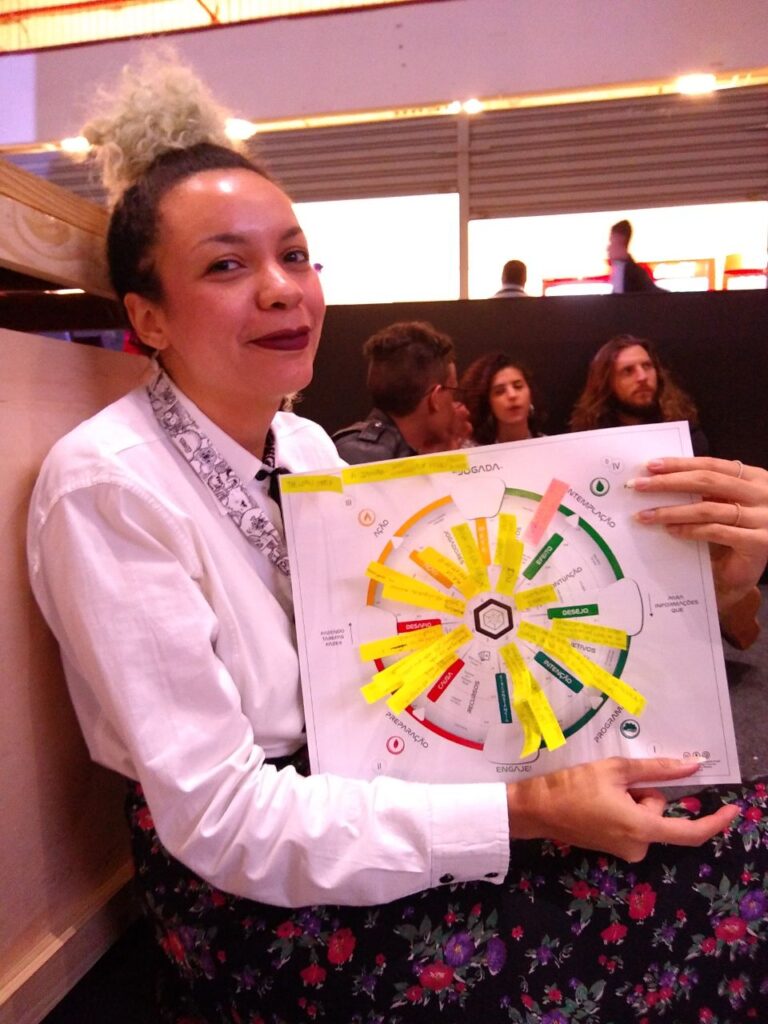
In this way and with the collaboration of dozens of people who in different ways contributed to the development of this system, the #AJOGADA Institute ended up developing a tool that synergistically integrates elements from different solutions and systems thus creating a new language for administration and a universal mechanics for solving objective and subjective problems that happen in project management.
So, this is how ludocracy is emerging, a vision of the administration from the 21st century perspective, and as a product of its environment, the capital of bureaucracy, in the country of bureaucracy, which is also the largest tropical country in the world, and the country of soccer. It would be natural to expect a transformation of management and the process of doing business into a big game to be played in stadiums.
The Spin #AJOGADA
To celebrate this national achievement, the #AJOGADA Institute is launching another pioneering initiative that is an open innovation competition between schools, technical schools and universities, in an online event using only the #AJOGADA board tool. This is the Spin #AJOGADA and our goal with this project is to respond to emergencies in the area of Brazilian education and catalyze the formation of innovation portfolios between universities, technical and regular schools and accelerate the proliferation of this model within the education sector for regions more distant from the big cities and university centers.
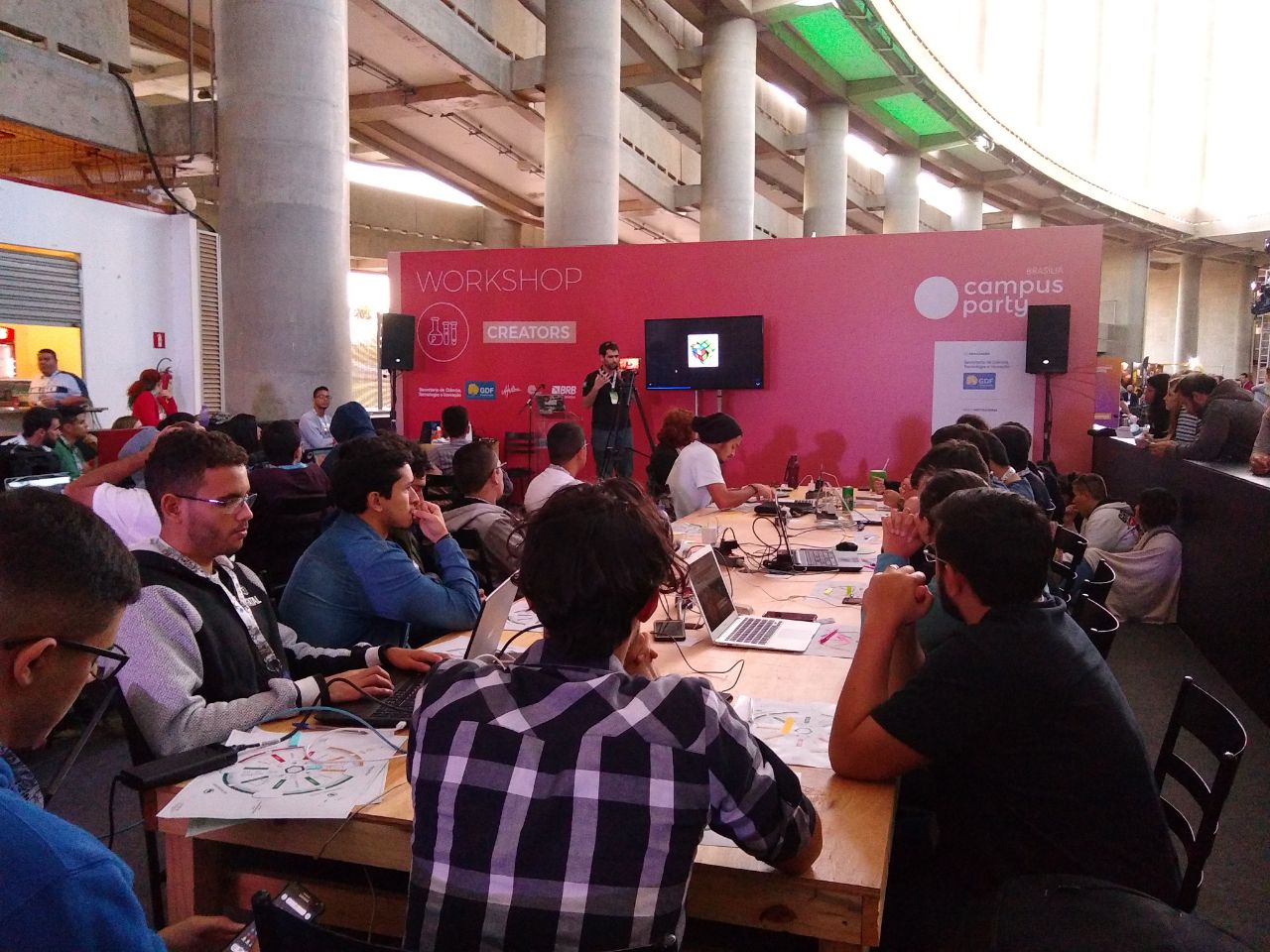
The Spin #AJOGADA will address schools, colleges and technical schools bringing them to the innovation industry using a language they like and starting from ages like sixteen or seventeen years old.
Want to bring this experience to your school?
Contact us at: contato@ajogada.org

